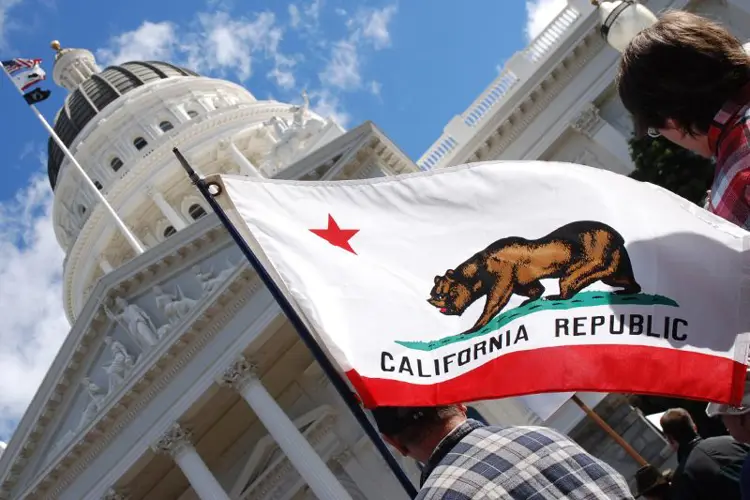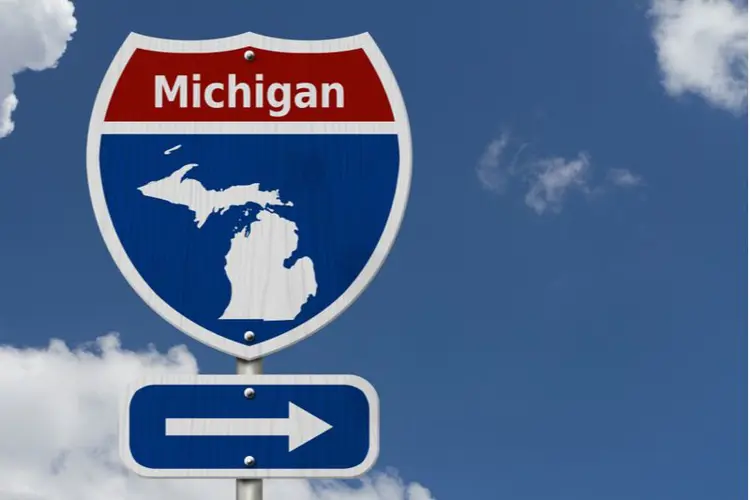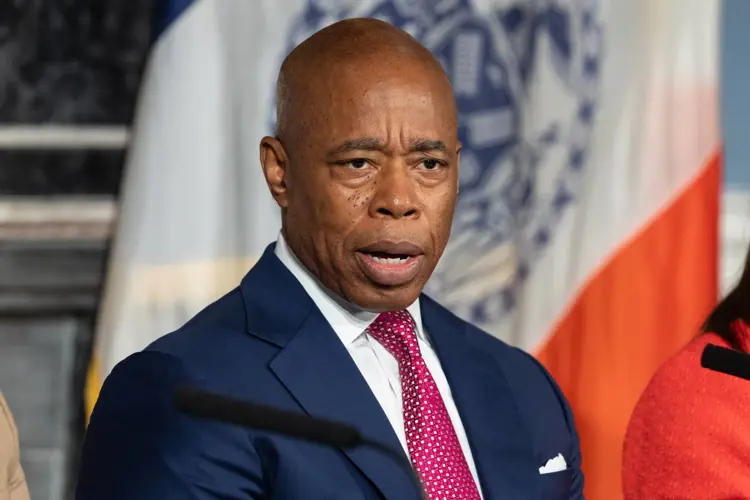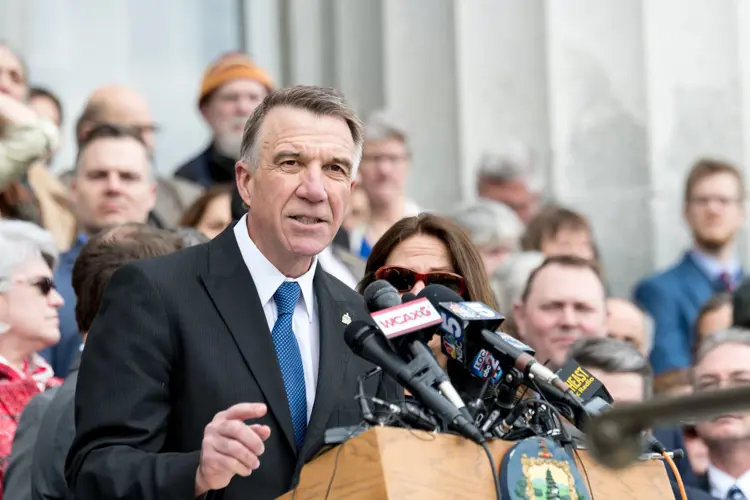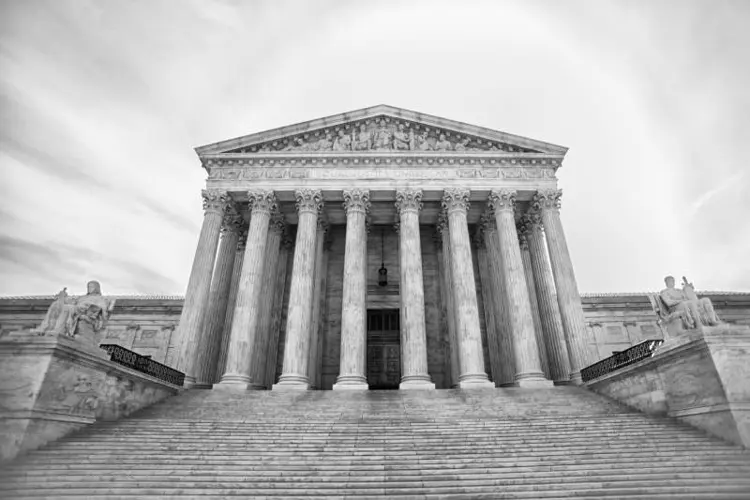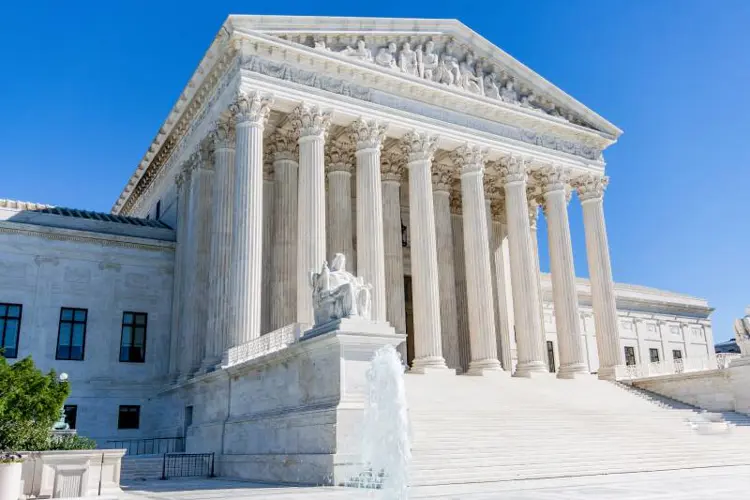April 11
The Vermont General Assembly will not override Gov. Scott's veto of flavor ban bill S 18. According to TV station WCAX, Senate President Pro-Tem Phil Baruth announced on the Senate floor that legislators have "no intention" to attempt an override. The bill has been sent back to committee, which may mean some version of it could return.
On April 3, Vermont Governor Phil Scott vetoed bill S 18, which would have banned the sale of all nicotine and tobacco products in flavors other than tobacco. The bill would have also prohibited online sales of vaping products, flavored or not.
In a letter explaining his decision, Gov. Scott said that protecting children must be “balanced in such a way that we honor the rights and freedoms of adults to make decisions about their individual lives.” He noted that a flavored vape and tobacco ban would be inconsistent with state laws allowing sales of flavored cannabis and alcohol products, and said that flavored products would be easily available to residents anyway. Scott, a Republican, had previously spoken about the lost tax revenue a flavor ban would cause.
The law passed the Vermont House on March 15 by an 83-53 margin, and passed the State Senate in March 2023 on an 18-11 vote. The General Assembly will need two-thirds majorities in both houses to override Scott’s veto, which means proponents of the bill will have to pick up additional votes. Leaders in the General Assembly aren’t certain they’ll attempt an override. A spokesperson for Senate President Pro Tempore Phil Baruth told the Vermont Digger he “hasn’t yet made a decision.”
The Campaign for Tobacco-Free Kids issued a statement that said “Gov. Phil Scott has protected the tobacco industry at the expense of Vermont’s kids.”
If the bill had been signed into law (or if Scott’s veto is overridden by the General Assembly), the resulting law would ban all flavored consumer nicotine products, including flavored vapes, nicotine pouches, smokeless tobacco and all forms of combustible tobacco, including menthol cigarettes. Unlike the PMTA registry bills threatening vape consumers in about two dozen other states, the Vermont law would not exempt vape products authorized by the FDA.
Tobacco control groups were incensed by the veto. The Campaign for Tobacco-Free Kids issued a statement that said “Gov. Phil Scott has protected the tobacco industry at the expense of Vermont’s kids.” The American Heart Association-Vermont bizarrely claimed that “inhalational” nicotine products (not just cigarettes) are more addictive and cause “more suffering, death and cost to Vermonters” than alcohol.
Five states have flavored vape bans in place currently: California, Massachusetts, New Jersey, New York, and Rhode Island. In March, Utah Gov. Spencer Cox signed a flavor ban into law that will take effect on Jan. 1, 2025.
The Freemax REXA PRO and REXA SMART are highly advanced pod vapes, offering seemingly endless features, beautiful touchscreens, and new DUOMAX pods.
The OXVA XLIM Pro 2 DNA is powered by a custom-made Evolv DNA chipset, offering a Replay function and dry hit protection. Read our review to find out more.
The SKE Bar is a 2 mL replaceable pod vape with a 500 mAh battery, a 1.2-ohm mesh coil, and 35 flavors to choose from in 2% nicotine.
Because of declining cigarette sales, state governments in the U.S. and countries around the world are looking to vapor products as a new source of tax revenue.
The legal age to buy e-cigarettes and other vaping products varies around the world. The United States recently changed the legal minimum sales age to 21.
A list of vaping product flavor bans and online sales bans in the United States, and sales and possession bans in other countries.







